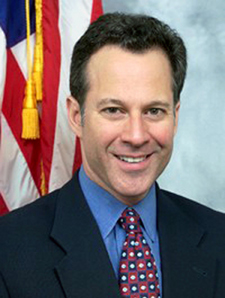Brooklyn pharmacist bought black-market prescription drugs

eric%20schneiderman_1.jpg
State secures settlement of $1.2 million
Attorney General Eric T. Schneiderman on Tuesday announced that his office secured a settlement of more than $1.2 million to resolve claims that a Brooklyn pharmacist defrauded Medicaid by improperly billing for prescription medications that he purchased on the street.
In addition to repaying the New York State Medicaid Program, Rao Veeramachaneni agreed to surrender his pharmacist’s license and withdraw from the Medicaid program. In addition, he agreed to a ban from working in the pharmaceutical or health care industry in the future.